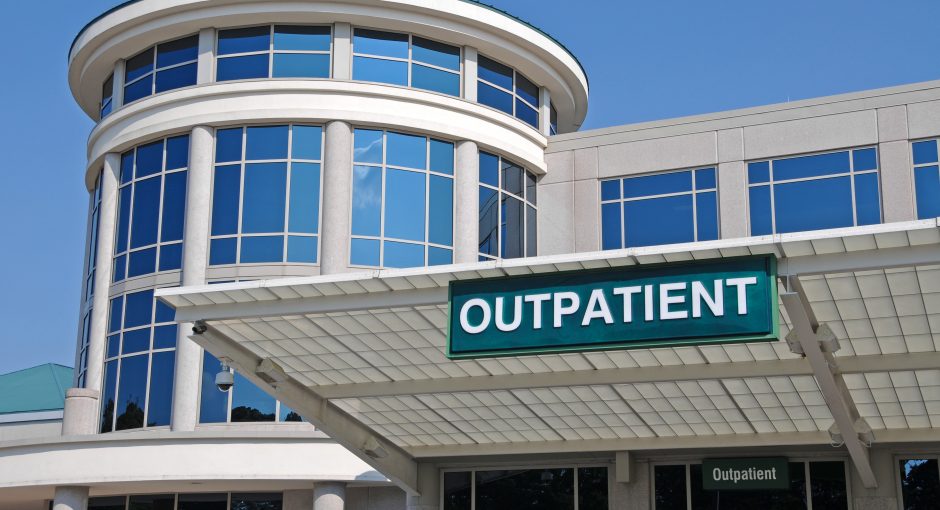With the deadline for hospitals to recertify their eligibility for 340B drug discounts arriving on Monday, it appears most facilities will remain qualified—at least for now.
Industry observers say the COVID-19 pandemic’s impact on hospitals’ eligibility for 340B could become an issue beginning later this year.
“We have heard from many members across the country that are very concerned about this issue,” said Colin Milligan, spokesperson for the American Hospital Association (AHA). Last week, the association asked congressional leaders in conjunction with their work on the budget and on drug pricing to protect hospitals from losing 340B eligibility as a result of the COVID-19 pandemic.
Bipartisan legislation has been introduced in both the House and Senate to prevent hospitals from losing eligibility for 340B discounts due to COVID-related changes in patient mix.
Hospitals and all other covered entities must recertify that they qualify for 340B drug discounts annually. In between recertification periods, an entity is expected to withdraw from 340B immediately if it learns it is no longer eligible.
The current hospital recertification deadline is Sept. 13. According to the U.S. Government Accountability Office, there were 2,523 hospitals participating in the 340B program as of January 2019.
Five of the six types of hospitals eligible for 340B must have and maintain a defined Medicare disproportionate share (DSH) adjustment percentage to participate—greater than 11.75% for disproportionate share (DSH) hospitals, children’s hospitals, and free-standing cancer hospitals, and greater than or equal to 8% for sole community hospitals and rural referral centers.
The DSH adjustment percentage is based on inpatient days. There has been significant concern that up to a quarter of hospitals could lose their eligibility to participate in 340B, as previously reported. That’s due to COVID-19 related changes in patient mix that occurred at the height of the pandemic last year, when many facilities deferred elective procedures to focus on maintaining capacity for coronavirus patients.
Bill Wood, senior director at consulting firm Visante, said he and his colleagues at the firm are “not aware of any hospitals that have lost 340B eligibility due to a COVID-related decrease in their DSH adjustment percentage.”
Keith Chop, managing partner of the Alinea Group, agrees with Wood, but with some caveats.
Chop said that while “there are always a few new wrinkles every year,” for the most part he has not heard of any hospitals or other covered entities experiencing negative issues during the recertification process.
While Chop believes the DSH issue is not likely to be a problem for the current recertification period, it could be a problem later in the year, particularly as the Centers for Medicare & Medicaid Services updates and publishes Supplemental Security Income (SSI) data that factor into the DSH adjustment percentage calculation.
“I think you will potentially see some of this happening in the latter part of the year, because it’s going to align with when a cost report is filed,” Chop said. But he added that since SSI percentage reporting typically runs a full year behind the actual changes in patient mix, it could be well into 2022 before it becomes an issue for hospitals.


